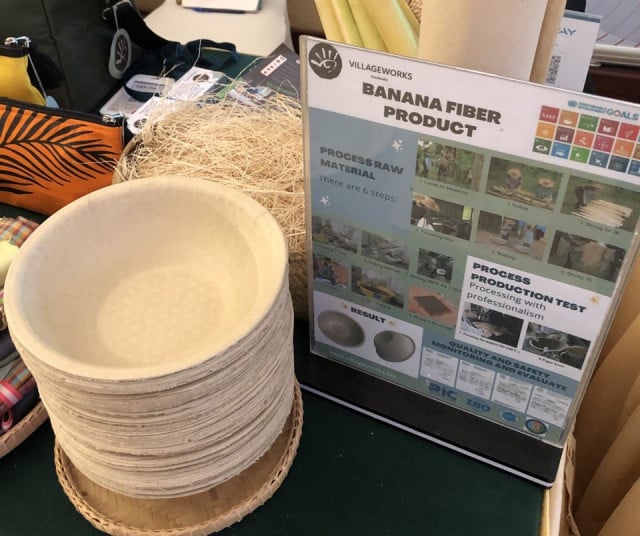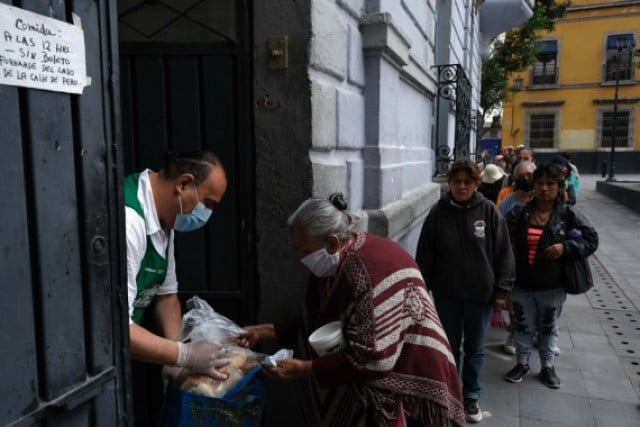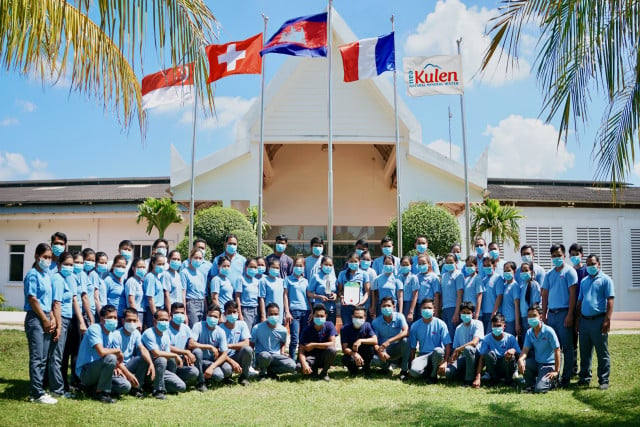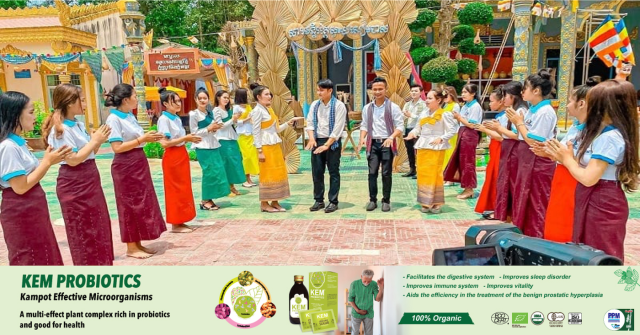Bioplastics Step Up for a Cleaner Environment

- By Meng Seavmey
- February 23, 2023 11:01 AM
PHNOM PENH – Bioplastic and recycled products enterprises are emerging as environment-friendly products gain popularity with the public.
Leading the way are enterprises and projects aiming to replace plastic products with new bioplastics made from agricultural products, which can be recycled and used for fertilizer.
These include producing drinking straws from rice flour with fruit powders, using banana trunks to make environment-friendly bowls, and converting organic waste into natural fertilizers.
The Environment and Industry ministries are encouraging innovations, which have been embraced by the public.
An office worker who uses bioplastic cups every day at work said she recommended the use of these products because, unlike plastics, they were environmentally friendly. Her family often uses the plates for parties.
“The reason for using it is that it can decompose in a short period of time, unlike plastics,” she said.
“It can be burned by fire and leaves nothing, unlike plastics which can leave a harmful smell from the smoke.
“I've been using it for a long time now since the early pandemic breakout, and I don't see myself going back to using plastic cups or plates again.”
Heng Sokkung, the Secretary of State of the Ministry of Industry, Science, Technology and Innovation, said the number of enterprises that produce bioplastic products or recycled products have increased though the ministry did not yet have a separate category for them.
These products had gained popularity among customers as people were encouraged to use more of this type of product to help clean up the environment and keeping the sustainability of raw materials, Sokkung said.
By the end of 2022, there were 87 factories producing plastic products, with $431 million of investment and which created jobs for more than 10,000 people. There were another 166 small and medium enterprises, he said.
Most of those plastic products are for export. In 2022, these exports were worth more than $211 million while plastic products earned more than $55 million domestically.
The ministry has not categorized enterprises into plastic or bioplastic-producing businesses yet, because some produce both. They produce plastics from raw materials while some combine raw materials and recycled products. Others produce bioplastics from agricultural products.
Sokkung said bioplastics are of several types. The first is starch-based which breaks down quickly and easily; the second is cellulose-based; the third is made from protein resources; the fourth is aliphatic polyesters which are sensitive to water; and the fifth is organic polyethylene made from agricultural products.
“The fifth type is the most common type produced in Cambodia, and the ministry is also preparing a policy to encourage MSMEs to produce more of these bioplastic products,” he said.
A few enterprises and projects aim to reduce the use of plastic products by innovating bioplastic products made from agricultural products, and recycling waste for fertilizer.
Heng Kimhong, program manager for research and advocacy at the Cambodia Youth Network, supported the ministry's ideas to boost these enterprises. As an environmentalist, he thought the encouragement was good.
Kimhong says ministries should encourage work on projects related to eco-friendly plastics or plastics reuse — especially plastics that take a long time to breakdown — and the use of bioplastics.
“Not only does it help improve the local people’s livelihood, but it also promotes the act of reusing and recycling plastic products,” he said.
Kimhong suggested that the government consider providing opportunities to bioplastic products business owners to present their products in exhibitions as well as helping with taxes and location or material costs.
In response, Sokkung said the ministry encouraged SMEs that produce recycled and bioplastic products with tax incentives for the first three to five years of their operations.















